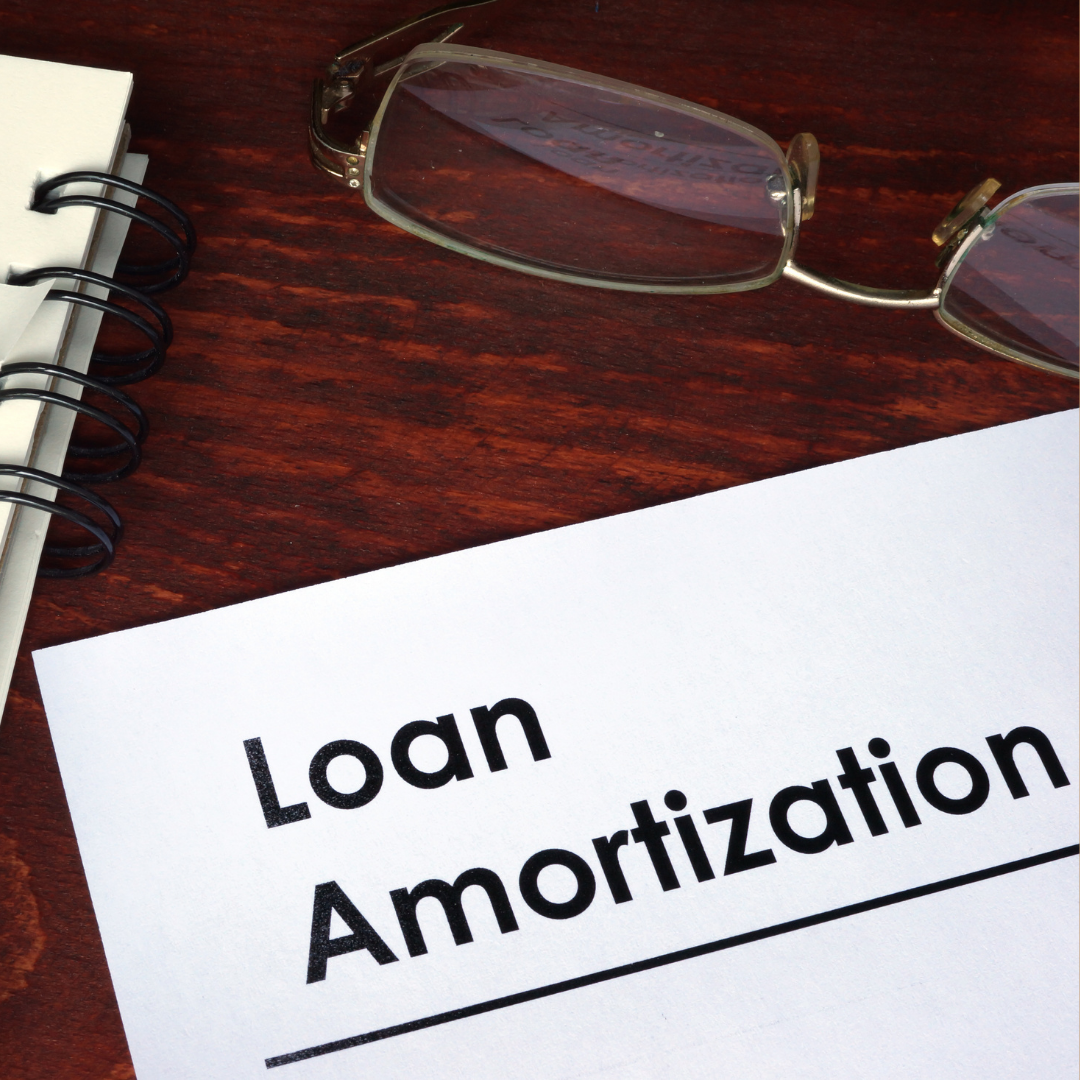An Overview of Amortization: It Plays A Role In Monthly Mortgage Payments
 Even though this may sound like a fancy word, amortization is simply a long word for a straightforward topic. Furthermore, it plays a significant role in the determination of monthly mortgage payments.
Even though this may sound like a fancy word, amortization is simply a long word for a straightforward topic. Furthermore, it plays a significant role in the determination of monthly mortgage payments.
Before taking out a home loan, homeowners need to understand how their payment schedule works and what this means for the future of the home loan.
Amortization refers to the way monthly payments are calculated to make sure that homeowners pay the same amount every month throughout the life of the loan. Even if homeowners do not stay in the house for the life of the loan, amortization will still play a significant role in the amount of money they receive if they decide to sell the home.
Amortization Plays A Major Role In Calculating Monthly Payments
First, amortization plays a major role in calculating monthly payments because it ensures that homeowners pay the same amount of money over the life of the loan. Even though there is interest on the home loan, and inflation will play a role in the value of money during the life of the loan, the monthly payment is going to stay the same. This is particularly beneficial to homeowners who are still working and believe that their income is going to go up during the life of a 15 year or 30 year mortgage. Even if their income goes up, and even if inflation plays a role, their monthly mortgage payments will still stay the same thanks to amortization.
Amortization Divides Interest And Principal In Monthly Payments
On the other hand, amortization also plays a role in calculating interest versus principal in monthly mortgage payments. At the beginning of the loan, the majority of each monthly payment goes toward interest on the loan. At the end of the loan, the majority of each monthly payment goes toward principal. This also means that if homeowners decide to sell their home at some point during the loan, they might not get as much money as they think because most of their monthly payments have gone toward interest and haven’t built up any equity. This is another key factor homeowners should keep in mind when it comes to amortization.
 Unless someone works in the real estate or mortgage industry, there is a high likelihood that they are going to run into unfamiliar terms. Appraisals, underwriting, and private mortgage insurance are a few of the examples. One of the most common terms that people might run into is termed mortgage points. Even though the term “points” might sound positive, this is not always the case. What do people need to know about mortgage points?
Unless someone works in the real estate or mortgage industry, there is a high likelihood that they are going to run into unfamiliar terms. Appraisals, underwriting, and private mortgage insurance are a few of the examples. One of the most common terms that people might run into is termed mortgage points. Even though the term “points” might sound positive, this is not always the case. What do people need to know about mortgage points?  When you are going through the process of looking for a new home, you are probably focused on the sticker price of that home. Even though it is important to think about your down payment, your monthly mortgage payment, and the total amount of the loan, there are other expenses that you might need to cover as well. If you do not put down enough money, there is a chance that the lender could ask you to pay for something called private mortgage insurance. What is private mortgage insurance and how much do you have to pay? There are several important points that you should keep in mind.
When you are going through the process of looking for a new home, you are probably focused on the sticker price of that home. Even though it is important to think about your down payment, your monthly mortgage payment, and the total amount of the loan, there are other expenses that you might need to cover as well. If you do not put down enough money, there is a chance that the lender could ask you to pay for something called private mortgage insurance. What is private mortgage insurance and how much do you have to pay? There are several important points that you should keep in mind.